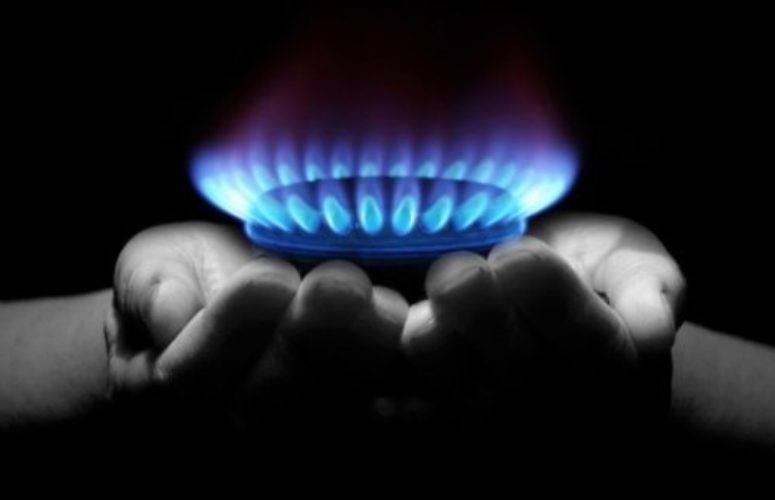
NJ Energy Resilience Bank Accepting Applications
On Oct 21, 2014As part of the Christie Administration’s continuing efforts to minimize the impact of future major power outages and increase energy resiliency, the State today announced the launch of the New Jersey Energy Resilience Bank (ERB), the first public infrastructure bank in the nation to focus on energy resilience. Utilizing $200 million through New Jersey’s second Community Development Block Grant-Disaster Recovery (CDBG-DR) allocation, the ERB will support the development of distributed energy resources at critical facilities throughout the state that will enable them to remain operational during future outages.
The ERB is the result of collaboration between the NJ Board of Public Utilities (BPU) and the NJ Economic Development Authority (EDA.) The first group of facilities targeted for the program, water and wastewater treatment plants, are now able to begin applying for financing from the $65 million allocated for this sector to support distributed energy projects.
“BPU and EDA have worked very closely to create workable parameters and attractive financing packages to help facilities implement resilient solutions that may previously have seemed infeasible due to their high cost,” said EDA CEO Michele Brown. “We are very excited to be moving forward with the application for water and wastewater treatment plants right on schedule, and encourage stakeholders in entities with an unmet funding need to look closely at the options that may be available to them.”
Superstorm Sandy caused extensive damage to New Jersey’s energy infrastructure, disrupting delivery of electricity, petroleum, and natural gas to consumers across the state, and leaving an estimated five million residents without electricity. Distributed energy resources, including combined heat and power, fuel cells and off-grid solar inverters with battery storage, allowed some critical facilities, such as hospitals, wastewater treatment plants and universities, to remain operational while the electric grid was down.
In addition to providing resilience, the potential benefits of distributed energy resources include lower and more stable energy costs, a cleaner environment through reduced emissions, and increased overall efficiency. The application period for water and wastewater treatment facilities will be followed by a similar process for other critical sectors, such as healthcare, education, and transit.
“With the opening of the ERB, the Christie Administration has taken yet another step forward in its efforts to increase energy resilience and rebuild New Jersey stronger than before,” said BPU President Richard S. Mroz. “The ERB will address the unmet needs of our critical facilities, making them more resilient and preparing us for the future.”
Financing options available through the ERB will consist of grants and loans to address unmet funding needs. Grants and forgivable loans will be offered to address up to 40 percent of unmet funding needs, while low-interest, amortizing loans will be available for the remaining 60 percent of unmet funding needs. Grants and loans may require equity contribution, and any principal forgiveness component will require evidence of meeting minimum performance requirements as indicated in the program guide.
Eligible technologies must be constructed to operate isolated from the electric utility grid (islanding), be able to start up without a direct connection to the electric grid (blackstart) when the grid is down due to extreme weather events, and have the capability to operate at critical load. At a minimum, to be eligible for ERB funding, an entity must demonstrate impact by Sandy or other qualifying disaster of:
- Physical damage to facility caused by the eligible disaster, or,
- Indirect impact, demonstrating that the project is supporting revitalization of the community in which it is located, and one of the following:
* Area flooding and/or loss of power that prevented facility from treating wastewater, causing a release of sewage/storm water into the surrounding waterway;
* Area flooding and/or loss of power from a qualifying disaster prevented the facility from operating and being able to treat drinking water.
BPU and EDA approved the ERB Program Guide to Program Funds and Round One funding document, which outlines the parameters through which grants and loans will be provided to eligible critical facilities, at their September 30 and October 14 Board meetings, respectively. These guides and an initial Intake Application can be found at www.NJERB.com, or by calling (866) 534-7789, or emailing [email protected]. Pending a review of the initial Intake Application by the ERB Staff, full Applications will be made available to eligible critical facilities.
Related Articles:





